by Becca Wilson
In the early pages of Scripture, God is compared to a nursing mother. Isaiah 66 says:
“Rejoice with Jerusalem and be glad because of her,
all you who love her;
Rejoice with her in her joy,
all you who mourn over her—
So that you may nurse and be satisfied
from her consoling breast;
That you may drink with delight
at her abundant breasts!
For thus says the Lord:
I will spread prosperity over her like a river,
like an overflowing torrent,
the wealth of nations.
You shall nurse, carried in her arms,
cradled upon her knees;
As a mother comforts her child,
so I will comfort you;
in Jerusalem you shall find your comfort.”.
Isaiah 66:10-13, NABRE
As this Scripture passage illustrates, breastfeeding is not simply a biological function, but an intimate action that shapes all areas of our person, and can ultimately reflect our relationship with a nurturing God. The intimacy and vulnerability present between the breastfeeding mother and her newborn child strengthens the maternal bond. While there are many reasons a mother may be unable to breastfeed, and we certainly do not want to discount these or cause shame to mothers who do not or cannot breastfeed, we want to shed light on this beautiful, feminine aspect of motherhood and how it supports the whole health of both mother and child during this National Breastfeeding Awareness Month.
Our world is certainly confused by the role and identity of mothers. With the many clear and essential benefits of the woman’s rights movement, we also now see the consequences of the sexual revolution and its specific attack on the feminine genius. Modern celebrities all too often harp on how they found liberation through separating themselves from their fertility, and how having ‘too many children’ causes women to ‘not fulfill their dreams’. Further still, we see fertility itself becoming separated from femininity in our cultural dialogue, with many modern pregnancy resources pointing to “persons with uteruses’”. It seems that, in an effort to find freedom, we as women have separated ourselves from who we truly are.
As Alice Von Hildebrand reminds us,
“A woman by her very nature is maternal — for every woman, whether married or unmarried, is called upon to be a biological, psychological or spiritual mother — she knows intuitively that to give, to nurture, to care for others, to suffer with and for them — for maternity implies suffering — is infinitely more valuable in God’s sight than to conquer nations and fly to the moon.”
Alice Von Hildebrand in A Zenit Daily Dispatch November 26, 2003

Similar to bearing a child for 9 months, in breastfeeding, the mother is literally giving of herself to her child. In an address on breastfeeding, given in 1995, Pope John Paul II pointed to research done on the benefits of breastfeeding saying,
“two major benefits to the child: protection against disease and proper nourishment. Moreover, in addition to these immunological and nutritional effects, this natural way of feeding can create a bond of love and security between mother and child, and enable the child to assert its presence as a person through interaction with the mother.”
John Paul II in Address On Breastfeeding May 12, 1995
Breastfeeding is a way to take care of the whole health, spirit, mind, and body, of both the mother and the baby. How exactly do we see this?
Spirit
Looking back to Scripture, we see in a very real way that the mother unites herself to the nourishing, cherishing love of God the Father and of the Church, as described in the New Testament. A mother has the unique opportunity to learn about the Father’s love through this act of self-donation to her child. This time can be deeply spiritual, allowing the mother to process and accept this new gift that has been given to her.
Mind
Through breastfeeding, the mother and child experience very intimate bonding, which has numerous psychological benefits. Among these benefits is the lowering of the body’s inflammation levels. The lowering of these levels helps to lower stress and anxiety, thus helping mothers get better sleep and produce the hormones prolactin and oxytocin. According to WebMD, “Oxytocin produces a peaceful, nurturing feeling that allows you to relax and focus on your child. It also promotes a strong sense of love and attachment between you and your baby.” This can be especially beneficial to the many women who struggle with postpartum depression.
The psychological benefits are not only for the mother. Studies are showing that breastfed babies cry less overall and are generally healthier in regards to less childhood illnesses. The skin-to-skin contact and closeness required in breastfeeding has also been shown to lessen social and behavioral anxiety for future relationships. Finally, research is showing that breastfeeding aids in the development of early language ability, motor skills, and reasoning skills for children.

Body
Breastfeeding not only contributes to the mother’s emotional and spiritual health, but also her physical health. Through breastfeeding, the mother burns about 300-500 extra calories per day through building and maintaining her supply of milk. This process contributes to faster postpartum weight-loss. It has also been shown to help the uterus contract, returning to normal size, through the hormone production of oxytocin. Other health benefits include fewer UTIs, and less likelihood of anemia/ bleeding.
Breastfeeding provides a plethora of physical health benefits for the baby as well. As previously mentioned a breastfed baby has a stronger immune system. Babies who are breastfed have also been shown to have less digestive issues, lower levels of acid reflux, and less stomach inflammation. Due to the immune system benefits of breastfeeding, these babies also have fewer colds and respiratory illnesses. Remarkably, when a mother is exposed to a bacterial or viral infection, her body will immediately start producing antibodies to combat these, that will be present in her milk at the next feeding. Breastfeeding has also been shown to aid with less ear infections and better vision, as well as contributing to lower rates of infant death. It is important to note that these health benefits are often but not always the case. We remain sensitive to those who have or have not breastfed and still suffered with some of these health issues, or even lost their child due to SIDS.
Whole Health
The unique and bonding experience found in breastfeeding is a perfect example of the intelligibility and beauty in our whole health: spirit, mind, and body as created by God. We are integrated persons, and find our whole personhood when looking at and acknowledging the interconnectedness of our bodies. Not only is the relationship between mother and child strengthened in breastfeeding, but the whole health of both mother and child is aided in this process. During this National Breastfeeding Month, learn more about the beauty of breastfeeding and support the mothers you know who are discerning how to best care for their children. As stated previously, our world has much confusion in regard to the role of women and mothers. Mothers need support and encouragement down this often daunting path. What better way to do this than listening to what they have to say and helping them find the resources they need.
** If you, or a woman you know needs lactation support, check out My Catholic Doctor’s lactation team. https://mycatholicdoctor.com/our-services/lactation-consultation/

